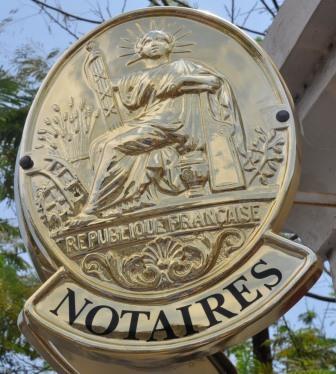The recent derailment of an Amtrak train left at least eight casualties and many more injured. Nobody who boarded the train that fateful day was expecting this to happen, rather they were just going about their day as they would any other. Death is a difficult topic to approach, because nobody likes to think that someday it will happen. It is important however, because you want to make sure that you are ready for when it happens and because, unfortunately, it can happen at any time.
Waiting too long to draft an estate plan can be troublesome as well. When a person dies, there may be reasons to question the mental capacity of the individual at the time he or she prepared an estate plan. Undue influence or fraud from third parties, who take advantage of a close relationship with the decedent for personal gain, can be reason to challenge a legal document after death. Another reason that can be grounds to challenge a legal document is whether it was properly executed and with all the formalities required.
Powers of attorney, for example, are powerful documents that grant another individual broad discretion over medical and financial decisions. Such an important power should involve careful planning. Standard legal forms found online, software programs with legal templates, and other self-help documents, are attractive to many individuals due to the ease of access and low cost. However, template powers of attorney are not always the equivalent of a proper Florida power of attorney drafted by a lawyer.
Many states, like Florida, have strict requirements regarding execution of valid powers of attorney or advance directives. In order to make it easy for your loved ones to say goodbye, you should consult an estate planning attorney who can recognize potential pitfalls and how to avoid them.
It’s a Wild world. Are you protected?SM
For more information on successful Florida estate planning and asset protection techniques, please contact the South Florida law firm of Wild Felice & Partners, P.A. at 954-944-2855 to schedule your free consultation.




